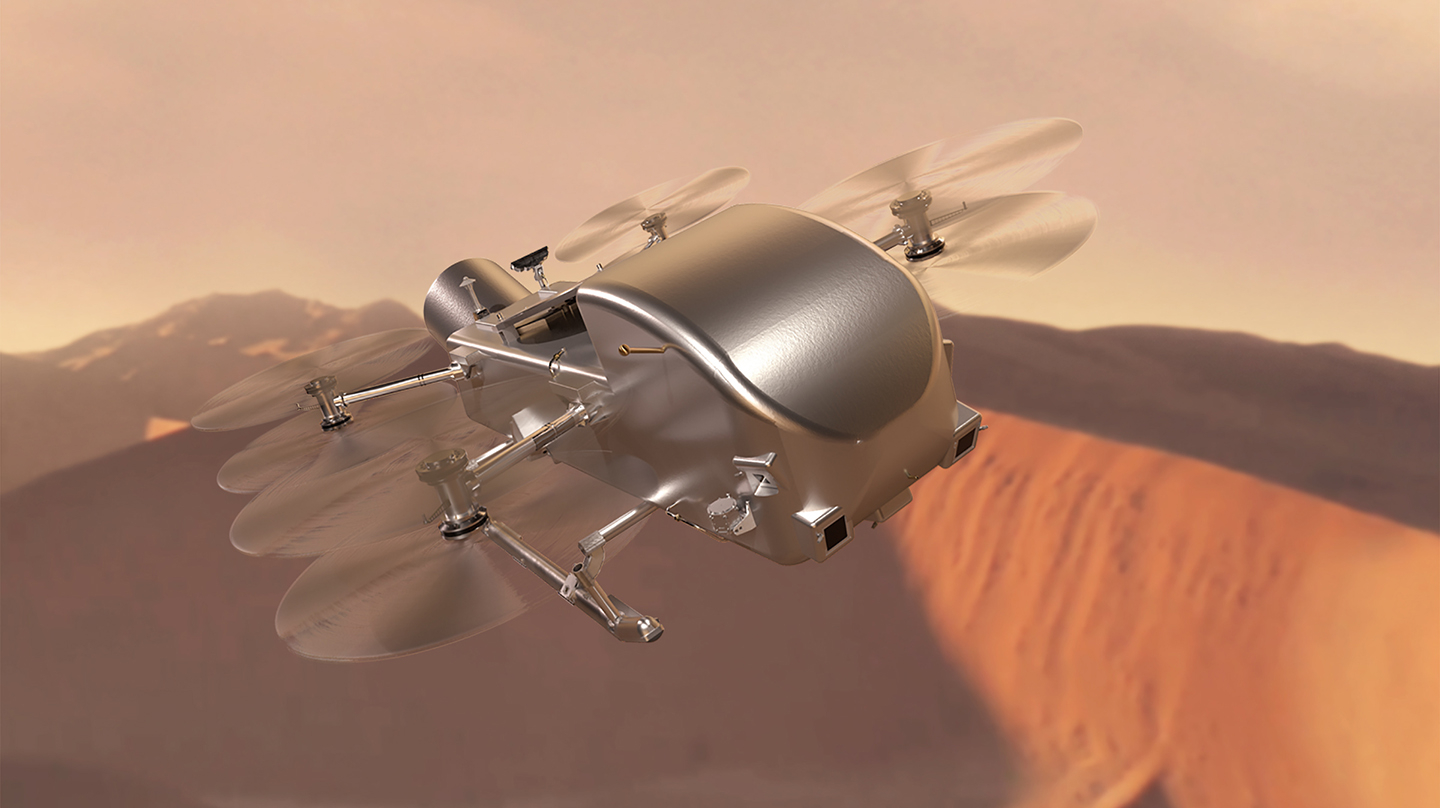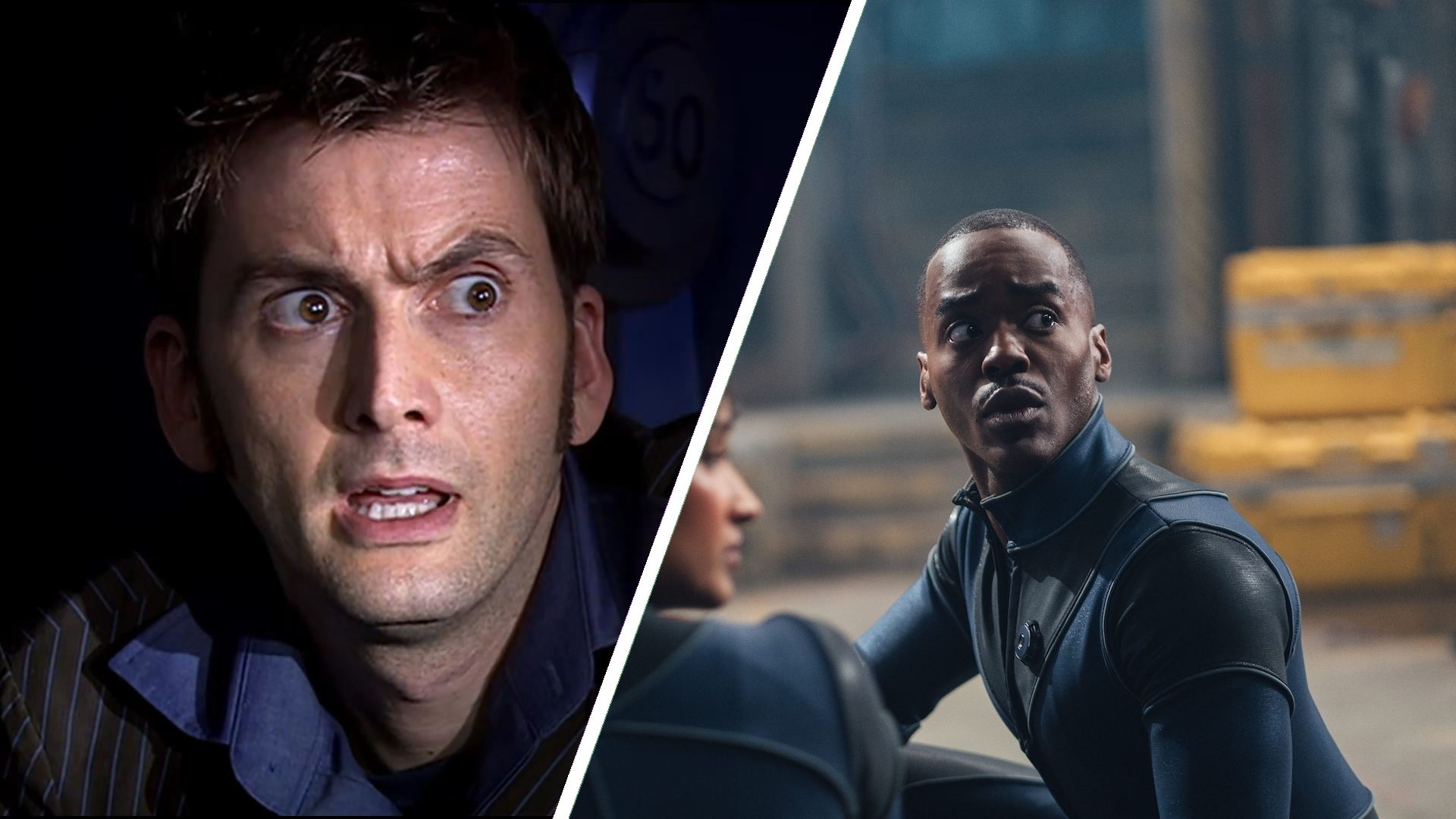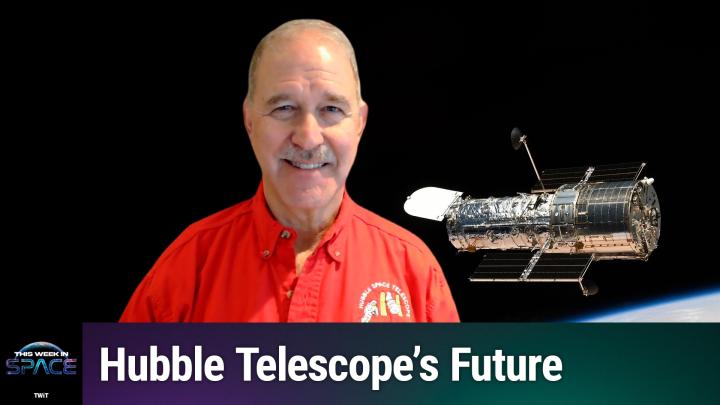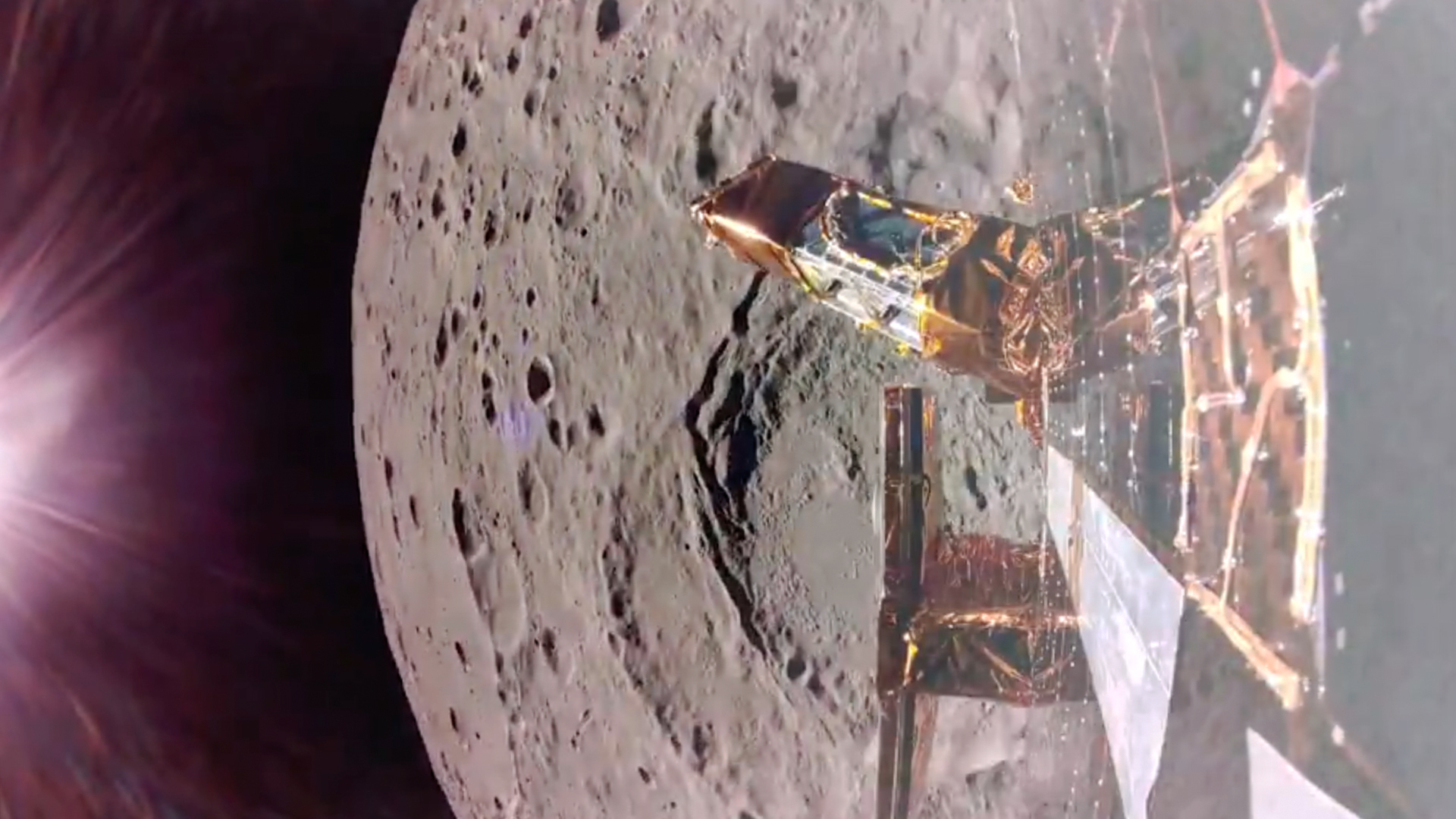Astrium's Assurances Sealed Deal for SSTL Acquisition
The founder and managingdirector of British small-satellite builder Surrey Satellite Technology Ltd.(SSTL) said he personally endorsed the company's sale to Astrium, a largesatellite conglomerate, because of guarantees from Astrium that SSTL wouldremain independent — even when it competes with Astrium.
In an April 10 interview,Sir Martin Sweeting said Astrium, owned by Europe's largest aerospace company,EADS, gave specific assurances to the British government and the BritishDefence Ministry that SSTL's corporate culture would not be overwhelmed in theAstrium bureaucracy.
"Negotiations on thesale of SSTL have been going on for six months, and I talked to all thebidders," Sir Martin said. "The bids were all fairly good infinancial terms, but Astrium gave the most specific assurances about ourcontinued independence."
In an agreement announcedApril 7, Britain's University of Surrey, which owns a majority of SSTL, andAstrium Satellites announced that Astrium would be buying the successfulsmall-satellite builder.
In addition to purchasingalmost all of the university's SSTL ownership, Astrium will be buying the 10percent of SSTL owned by Space Exploration Technologies of Hawthorne,Calif., and the 5 percent stake owned by SSTL employees. All three transactionsare being concluded on the same terms and conditions. Industry officials valuedthe all-cash transaction at around 45 million British pounds ($89.7 million).
The university willretain a symbolic 1 percent share of SSTL's equity after the sale, which ispending approval by British and European regulators.
Astrium had approachedSSTL several years earlier about a possible sale and had been rejected on thegrounds that a large enterprise like Astrium, one of the world's biggestsatellite builders, would smother SSTL.
Get the Space.com Newsletter
Breaking space news, the latest updates on rocket launches, skywatching events and more!
But in 2007, SSTL and theuniversity concluded that their relationship had to end if SSTL was to be allowedto grow. The company has built 27 satellites since 1981 and has 13 more onorder. In recent years it has been slowly increasing its presence in thecommercial market, and has found itself in need of loan guarantees and otherfinancial backing that the university could not provide.
The university's directorof corporate services, Greg Melly, said the university naturally was looking tomonetize its more than two decades of investment in SSTL. But it equally wasdetermined not to put the company into the hands of a buyer that would destroySSTL.
In an April 7 interview,Melly agreed with Sir Martin that Astrium's assurances about its intentions forSSTL were broader and deeper than any other bidder's, irrespective of thefinancial terms.
"We are notcommercially na?ve," Melly said. "But we are hugely proud of thesuccess of this company, and the buyer's integrity, its approach to the market,where it competes — all this was key to us. Astrium gave us more assurancesabout how this would be done than anyone else."
Sir Martin will remainwith the company, and SSTL will have an independent board of non-executivedirectors that will not be appointed by Astrium, Melly said. Sir Martinconfirmed that he has no intention of leaving SSTL.
Melly and Sir Martin saidAstrium gave specific guarantees about SSTL's expected bid to build at leastsome of the 26 Galileosatellite navigation satellites to be contracted by the European Commissionand the European Space Agency later this year.
Astrium, led by itsGerman division, is bidding to build all 26 Galileo spacecraft, and SSTL hasindicated it might bid with OHB System of Bremen, Germany, for some of thesatellites.
For Astrium, theprofitability of a contract to build 26 identical satellites likely would befar superior to a contract for 15-20 satellites.
Nonetheless, Astrium haspromised that SSTL will be allowed to make a bid. "We've had thoseassurances quite categorically," Sir Martin said. "The [EuropeanCommission] is looking to open competition for Galileo,so if SSTL doesn't bid [against Astrium], someone else will. So from Astrium'spoint of view, it would be better to have a competing supplier that you ownthan a competing supplier that you don't own." While SSTL and Astriumoccupy different market sectors — Astrium concentrates on large satellites,space infrastructure and government business in Britain, France and Germany ?they have found themselves in competition with increasing frequency.
Astrium's French divisionhas developed, with the French government, a line of small satellites for Earthobservation and science that competes with SSTL's famously low-priced product.At the same time, SSTL has begun development of larger satellites, hoping toapply its low-cost program management to bigger contracts.
Astrium spokesman JeremyClose said the company already has proven its ability to give subsidiaries a broadindependence with Tesat Spacecom of Germany, a builder of satellite componentsand laser communications terminals that occasionally competes with Astrium.
"The Tesat model isthe one we are applying here," Close said April 7. "We think theTesat history gives us credibility when we say we are determined to let SSTLcontinue to do what it does best."
SSTLreported revenue of 26 million British pounds for the fiscal year ending July31, with a net profit of 1.2 million pounds. Sir Martin forecast that SSTL'scurrent backlog would generate revenue of slightly less than 46 million poundsfor the fiscal year ending in July, with a net profit of slightly less than 3million pounds.
- Video Player: Europe's Space Plane
- Image Gallery: Observing Earth: Amazing Views of Earth
- Image Gallery: ASTER Images of Our Earth
Join our Space Forums to keep talking space on the latest missions, night sky and more! And if you have a news tip, correction or comment, let us know at: community@space.com.

Charles Q. Choi is a contributing writer for Space.com and Live Science. He covers all things human origins and astronomy as well as physics, animals and general science topics. Charles has a Master of Arts degree from the University of Missouri-Columbia, School of Journalism and a Bachelor of Arts degree from the University of South Florida. Charles has visited every continent on Earth, drinking rancid yak butter tea in Lhasa, snorkeling with sea lions in the Galapagos and even climbing an iceberg in Antarctica. Visit him at http://www.sciwriter.us









